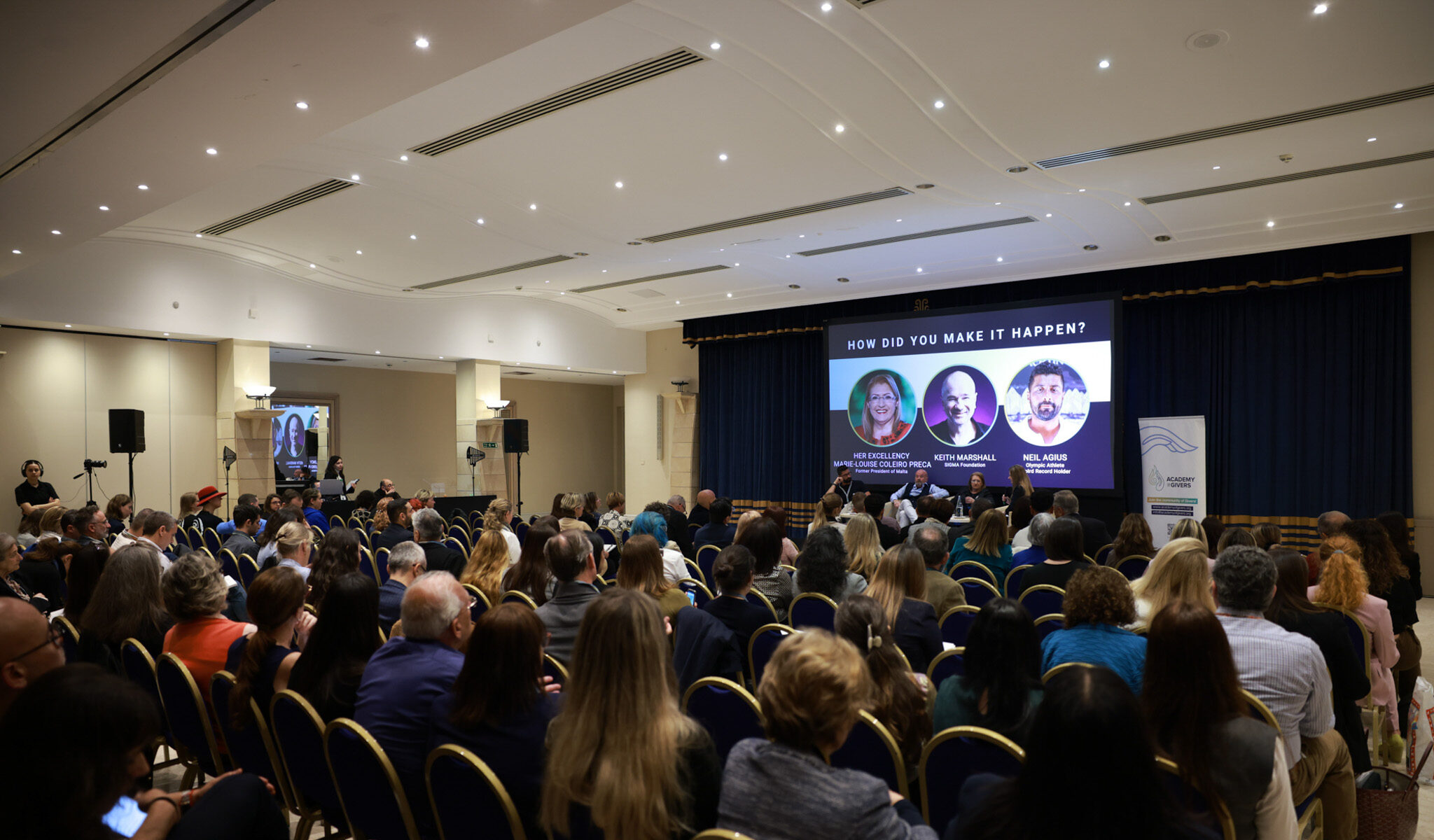Local psychologists have urged business leaders to swap late-night emails and meetings for books and mindfulness exercises, highlighting the direct link between a quality night’s sleep and productivity.
The importance of a good night’s sleep is possibly one of the least controversial notions out there, and top business executives probably count themselves among the few sections of society who routinely push the belief that they can do more with less snoozing time. Further compounding the issue is that stress from being a decision taker, which often does not come with a guide book, means that what little sleep is managed tends not to be of high quality, as evidenced by recent studies.
However, simply going to bed early does not always work, as many end up scrolling on their phones, checking notifications or letting their minds run wild.
Exploring this issue further, MaltaCEOs.mt reached out to three psychologists who frequently work with businesses and employees, and all agree that difficulties with sleep almost always come up in their discussions with business leaders, whatever the initial issue.

Kim Spiteri, Co-Founder of Psychology In Practice, put this down to the “constant connectivity” enabled by technology, with late-night emails “blurring the lines between work and personal life.”
Talking Wellbeing Place Founder and Clinical Psychologist Emma Micallef-Konewko agreed, stating that very often, individuals find “they cannot switch off from the thoughts of the day when they get themselves into bed,” reflecting on their workday and going through to-do lists for the following day.
Additionally, Joshua Aquilina, Training and Development Consultant and Executive Coach at PsyPotential, pointed out that many clients state that a 40-hour workweek is “not enough” for them to keep up with their work responsibilities, leading them to sacrifice sleep time to work beyond regular working hours.

While many would celebrate the idea of getting more sleep, oversleeping poses risks as well, such as grogginess and sluggishness, together with diabetes and cardiovascular disease, among others.
“I like to imagine sleep as a Goldilocks scenario – not too little, not too much, but just the right amount of sleep for optimal functioning,” Ms Spiteri remarked.
The three psychologists agreed that to draw a line on their work and ensure they get enough sleep regularly, business leaders can switch their late-night screentime for a book or a skincare routine, and do activities which help them unwind and slow down.

Could naps be the answer to your problems?
In addition to this, there are other great ways of feeling revitalised, one being taking a short nap during the day. Research has found that a short 10 to 20-minute nap can improve cognitive function and well-being, to the point that it protects the brain’s health as it ages.
The three psychologists agreed, particularly given that there tends to be a dip in alertness during the early afternoon.
“The desire for napping tends to come naturally in the afternoon after lunch, doesn’t it? This is due to the building of a neurotransmitter called ‘adenosine.’ Apart from other important functions, adenosine promotes our need to sleep. Interestingly, caffeine blocks adenosine receptors in the brain, which is why we feel more awake and alert after a cup of coffee. The longer you are awake, the more adenosine accumulates in your brain, increasing the feeling of pressure to sleep,” Ms Spiteri explained.
Napping allows the brain to clear this adenosine buildup, thus enabling individuals to feel sharper. Mr Aquilina noted that when combined with a healthy diet, napping can be the route to a “long-sustained life.”
As a result, there have been calls for employers to allocate a part of the working day for napping, with this aiding attention, well-being, and productivity.
When asked whether businesses should consider introducing nap breaks, the three local psychologists backed this up, yet it also depends on the nature of the work environment, the type of work, and individual preferences.
Dr Micallef-Konewko remarked that nap breaks can lead to boosts in employee morale, reduce fatigue-related errors, and enhance overall performance, yet a “one-size-fits-all approach” for these well-being initiatives is not always ideal for workplaces.
“My advice would be for businesses to have a flexible approach to the workday; for some people taking a 20-minute nap might boost their productivity, for others it might be going for a run, or having a longer catch-up over lunchbreak with colleagues. If employees can pick what would make them feel more productive, possibly including naps, then you’re more likely as a business to get it right in terms of boosting employees’ capacity to work to the best of their capabilities,” she continued.
What if you have to travel overnight?
Another difficulty that business leaders tend to face are the dreaded overnight flights, or red-eye flights as they are commonly referred to. These flights, often cheaper than those during the day, tend to depart after 9pm and arrive before 5am, thus not providing enough time for a full night’s sleep. This is coupled with the fact that sleeping on a plane is far from easy due to noise, discomfort, and possible turbulence.
These flights can be great for making it back home to spend more time with one’s family after a trip filled with meetings, yet they can significantly increase fatigue, impair cognitive function, and increase the chances of sickness and jetlag.
Mr Aquilina stated that disruptions to the circadian rhythm – one’s body clock – can have an impact on rapid eye movement (REM) sleep. “REM sleep plays a crucial role in the processing of our emotions and emotional memories, affects our mood, memory and memory consolidation, and learning efficiency,” he added.
Therefore, the respondents all suggested preparing for red-eye flights by adjusting one’s daily routine and activities to promote relaxation, wearing comfortable clothing on the plane, using neck pillows and noise-cancelling headphones, and staying hydrated throughout the whole flight, while avoiding excessive alcohol and caffeine intake since these can lead to sleep disruptions. Should there be a difference in time zone, travellers should adjust their sleep and mealtimes gradually, taking small naps if required.
Academy of Givers to host fifth Annual Conference and Impact Fair in March
The event will answer how usinesses, NGOs, philanthropists and institutions can work together to strengthen Malta’s social and environmental resilience.
Malita Investments’ Chief Operations Officer resigns
Amanda Desira was named COO of the listed company in August 2024.
AX Group CEO says 70% of Verdala Terraces already sold
Michael Warrington says the quick demand for these properties reflects the high standards of the development.
Malta Bankers Association names Izabela Banas Deputy Chair
She has 18 years of experience in financial services.









